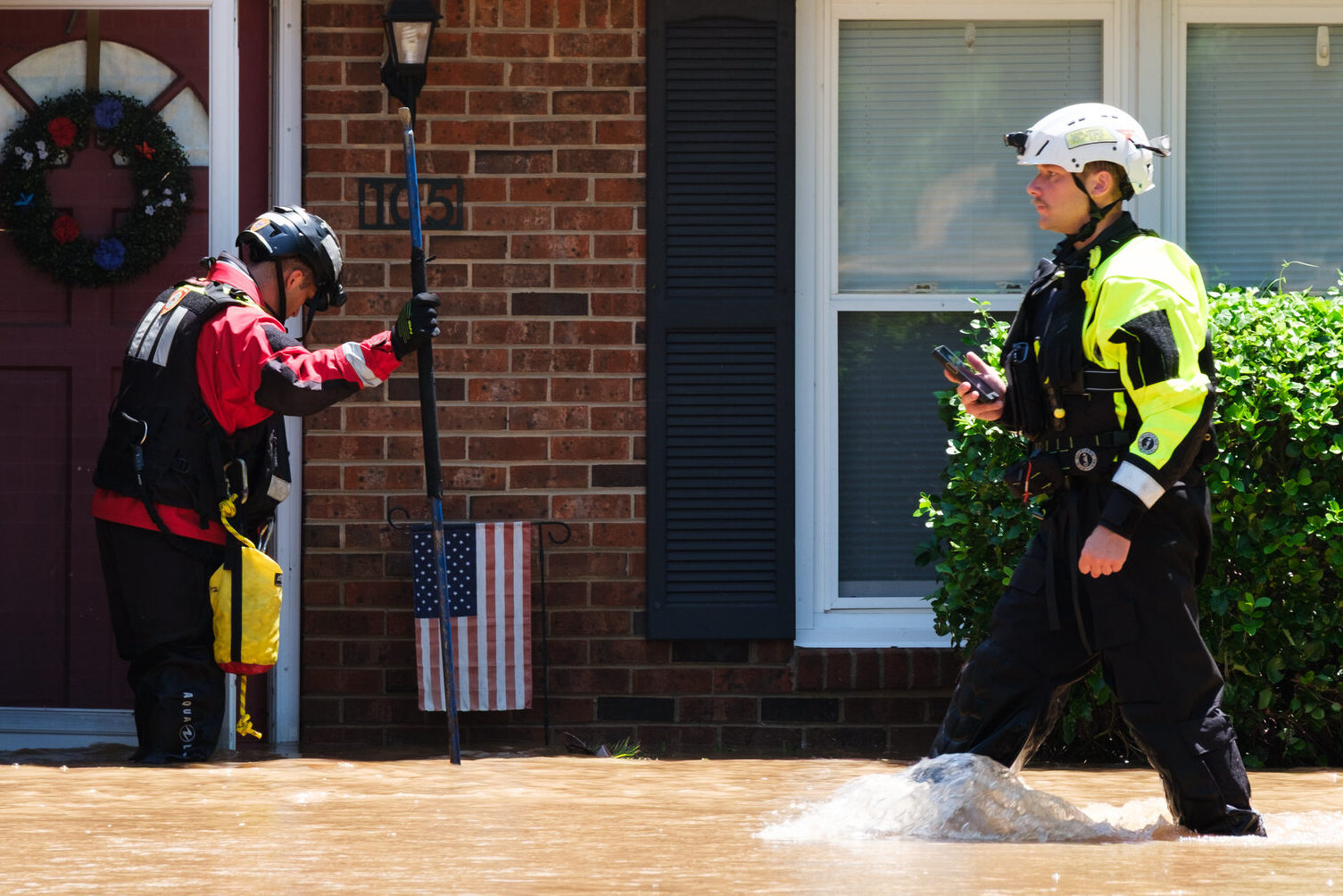
Donations will provide emergency shelter, food, clean water, and medical care to those displaced by Tropical Storm Chantel. Funds support debris removal, home repairs, well testing, and mental health services. Contributions will go to local mutual-aid groups, community foundations, Red Cross shelters, and nonprofits like Day One Relief and Triangle Mutual Aid.
Tropical Storm Chantel made landfall along the Carolina coast, then moved inland, dumping between 5 and 10 inches of rain across central North Carolina and south-central Virginia. Intense rainfall triggered historic flash flooding along rivers such as the Haw and Eno, leaving homes submerged, roads washed away, and power outages widespread. Five fatalities have been confirmed, and thousands displaced. Local authorities, shelters, and volunteer response teams are working tirelessly as communities begin the arduous cleanup and restoration.
Chantel struck the Carolinas with sustained winds around 50 mph before weakening to a tropical depression as it moved north. As it tracked into central North Carolina, it unleashed torrential rainfall — between 5 and 10 inches within hours — overwhelming rivers like the Haw and Eno, which surged to historic levels. Numerous roads and bridges were washed away, homes flooded, and municipal water systems compromised. In Durham, Chapel Hill, Carrboro, and Alamance and Chatham counties, thousands lost power and were displaced by rising floodwaters. Five storm-related deaths have been reported.
Emergency response forces were stretched thin conducting rapid water rescues—one operation involved evacuating 80 residents in Durham—while volunteer groups and nonprofits such as Triangle Mutual Aid and Day One Relief mobilized hundreds of volunteers for muck-outs, debris removal, and distribution of food, cleaning supplies, and personal protective gear. The Triangle Community Foundation and county governments opened Recovery Assistance Centers to help residents with housing, insurance, well testing, and mental health services. Wells in rural areas were tested, and tipping fees for debris disposal were waived to expedite cleanup. The public art space Eno Arts Mill and many small businesses are now closed indefinitely, with owners and artists confronting devastating losses of artwork and inventory.